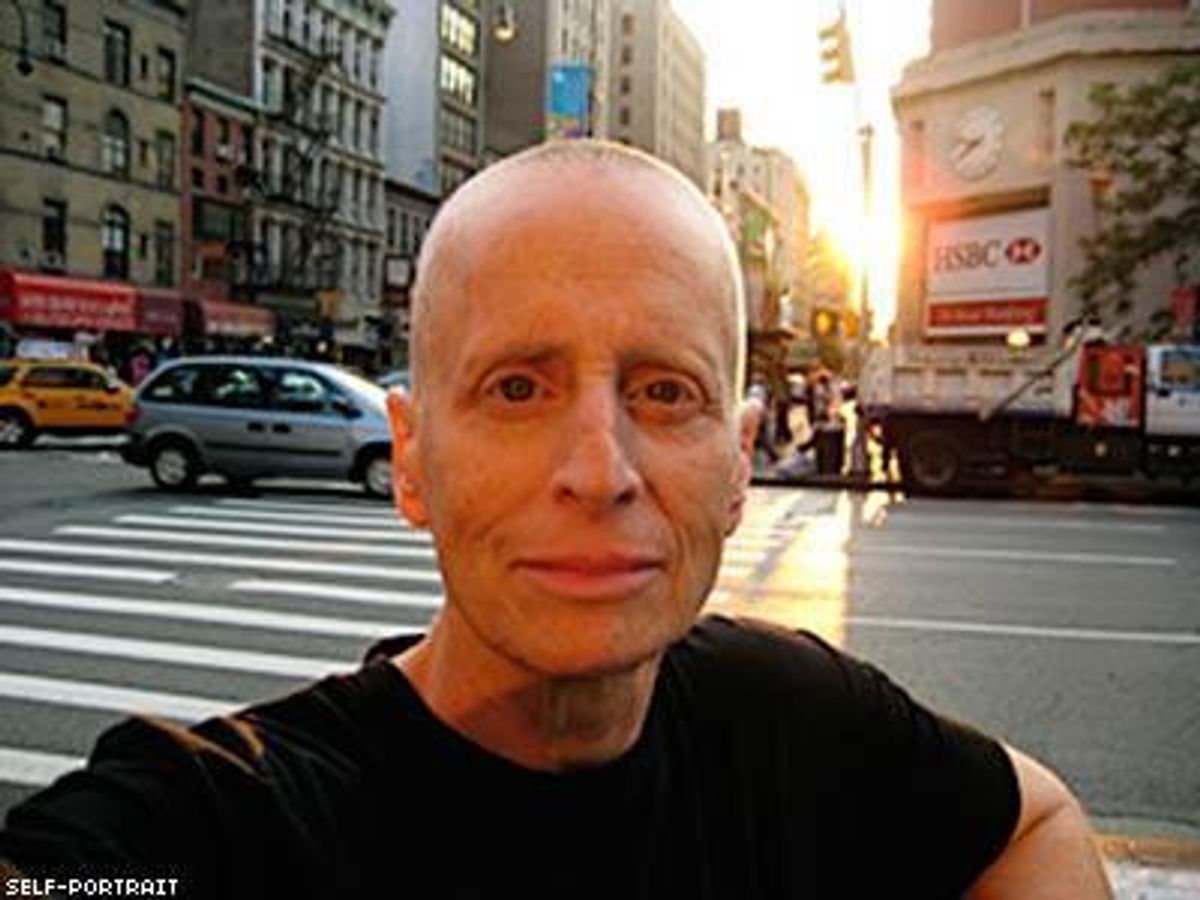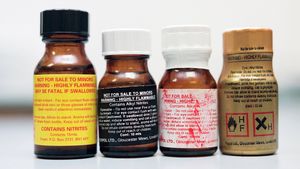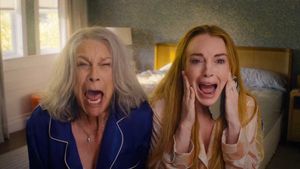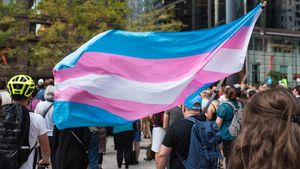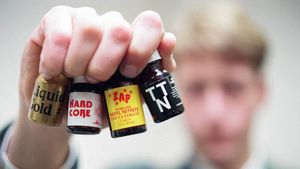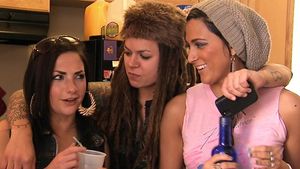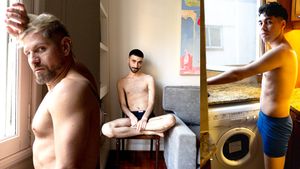Sometimes with a book, you don't hold onto passages or plot lines but rather places. And not even the places where you read the book or the places in the book, but other places. Places that somehow feel more true to the book than anything else.
For example, if someone asks me: What do you remember about first reading Stone Butch Blues? I am not able to answer with absolute honesty. I will want to say, "The conference room, I remember the conference room," but then the other person will think I read Leslie Feinberg's groundbreaking 1993 novel in a conference room, and that's not what I mean. So I don't say it, but the conference room is the first place that comes to mind when I think about Stone Butch Blues.
There was a sofa. The cushions were soft, the color mauve or cinnamon or some other word I hadn't known could be applied to pillows until I met people after college who worked in offices and bought sofas like that. I sat on the sofa in the conference room.
I was in my early 20s. It was the late '90s. I was working at NYU Press. The conference room had a sofa and also a piece of furniture made of dark wood. It was the bookcases, maybe, or a table or a side table or all three.
I hadn't grown up with any furniture made of real wood, and I sat on the sofa that day and I felt the difference, how there was a weight in that room, a kind of permanence I knew had to do with money and whiteness and being normal. My family and I had lived in the same corner of Jersey for more than 20 years, but our kitchen cabinets and my desk, with their particleboard constructions, filled our home like our lives did -- they were easy to throw away.
The conference room had a low ceiling. It was around 6 in the evening. There was the wood and the mauve sofa cushions and me holding hands with him. We were trying to decide where to eat and where to go after that because I was 21 but he wasn't. And he didn't have a driver's license that matched the two precious letters: He. And I sat in that conference room and felt I was inside the pages of Stone Butch Blues because Leslie Feinberg had written about life the way it felt.
Because I was reading the book, I knew I couldn't tell my beloved that he had heart-shaped lips. It would bruise him. And I understood that I was being selfish, wanting him to be soft and hard at the same time the way Leslie had written. And I understood too that because Stone Butch Blues existed as a book on a secret shelf in my room at my parents' house, I was not alone with this and I did not have to be normal. Not really.
It was also about the wood furniture in that conference room.
I had grown up with parents and aunties who worked in factories, whose bodies tightened and curled and collapsed into kitchen chairs at the end of shifts. Before Stone Butch Blues, I didn't know factories existed in literature. Not in the voices of the people who actually worked in them. Leslie wrote about arms trembling with exhaustion and time clocks that did not only measure minutes and seconds but friendships and love too.
And it was in Stone Butch Blues that I first read about union work and queer folks. Before the conference room, before the wood furniture, before college, I had been in a union at the chain supermarket where I worked during high school. We went on strike at one point, and I spent the better part of an afternoon pleading on a megaphone with customers to boycott the store.
I did that until a customer marched up to me, baring his teeth and threatening to punch me in the face if I didn't stop. Reading Stone Butch Blues, I learned I was not the only queer kid who'd been in a union and wanted to write. Leslie's novel stitched my life to a larger cuento.
Leslie went on to write Trangsender Warriors: Making History From Joan of Arc to Dennis Rodman, Trans Liberation: Beyond Pink or Blue, and Drag King Dreams. She/zie continued organizing against inhumanity in all its forms and she/zie continued making life and home with the writer Minnie Bruce Pratt (yes, another literary heroine of mine). I'll always remember Leslie, though, for Stone Butch Blues and giving me and so many readers places to remember.
DAISY HERNANDEZ is the author of the memoir A Cup of Water Under My Bed co-editor of Colonize This!: Young Women of Color on Today's Feminism. See more of her work at www.daisyhernandez.com.
This piece originally appeared at Beacon Press.
